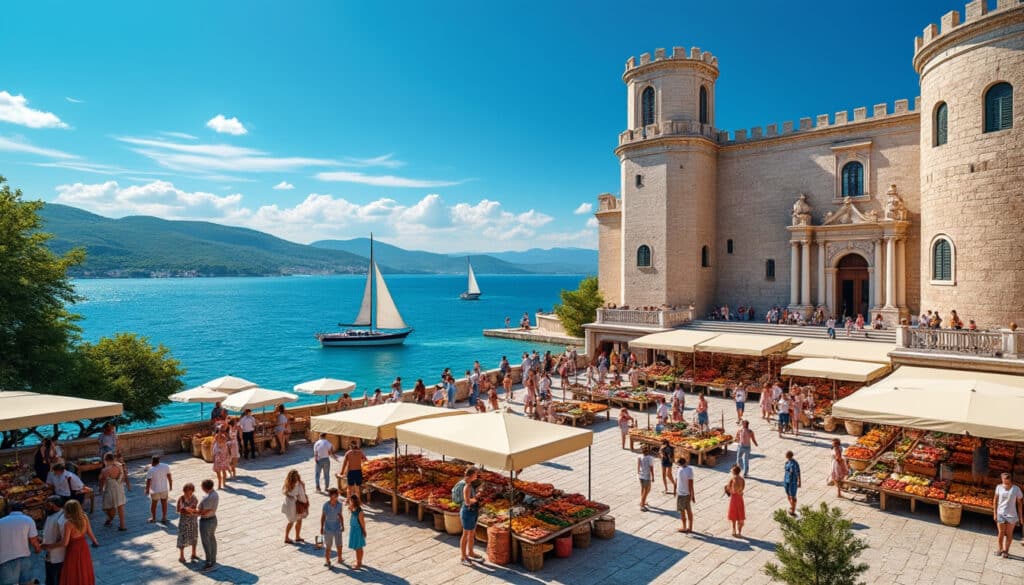Amidst the stunning coastline of Croatia lies the city of Split, a place rich in history and culture. Split’s linguistic tapestry is vibrant, reflecting influences from past empires and modern-day tourism. This article delves into the complexities and beauty of the language and spelling unique to Split, offering a comprehensive understanding for both locals and visitors.
Exploring the Dialect Division in Split
The first element to understand about Split’s language is the dialect division that exists within the city. While standard Croatian is the official language, regional dialects flourish, adding layers of depth to communication. The linguistic split in Split is influenced by historical interactions with varying cultural and political forces.
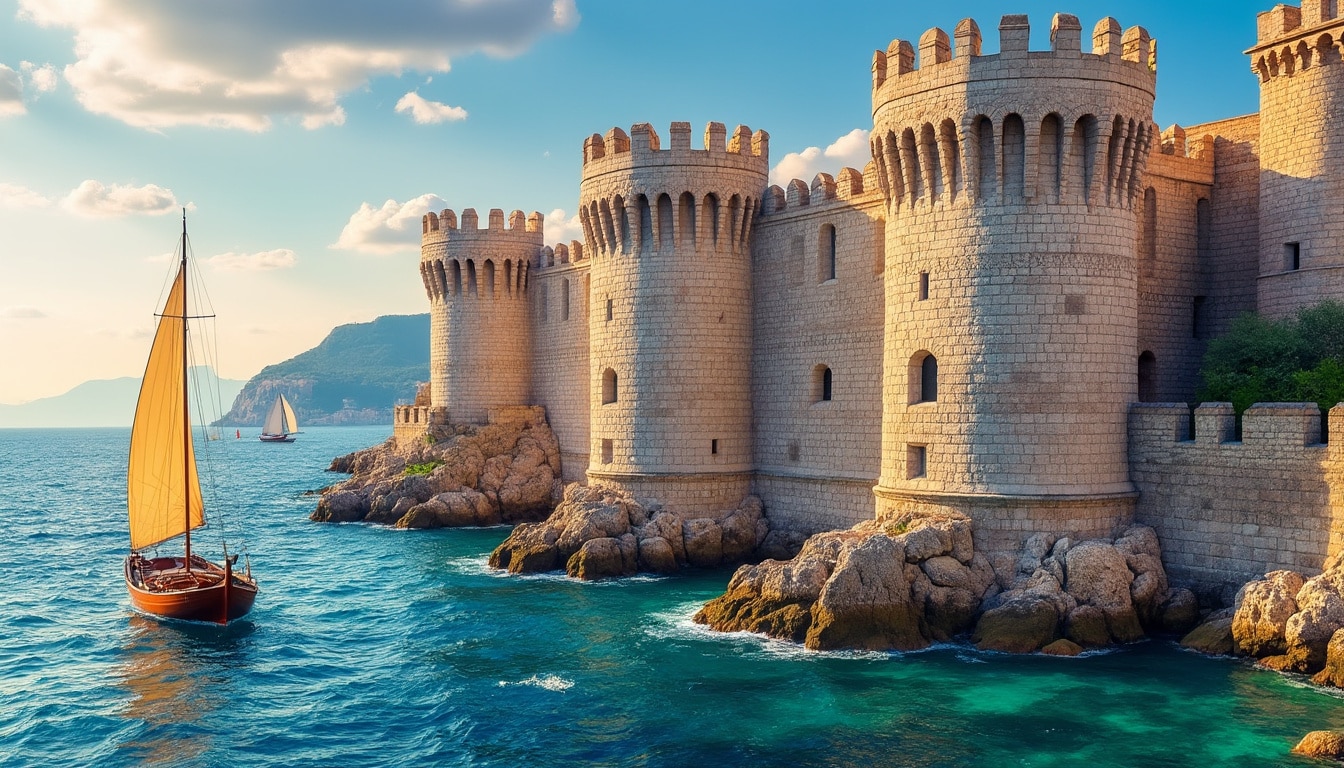
Regional dialects often include distinct vocabulary and syntax that are not always immediately understandable to those unfamiliar with them. This dialect diversity is a cultural treasure, offering a glimpse into the unique identity of Split. These distinctions in language can be found in everyday conversations at local markets or in the rhythm of speech that echoes through Split’s narrow cobblestone streets.
Linguistic Influences from History
The linguistic landscape of Split has been shaped by its history. The city has witnessed the rule of the Roman Empire, the Venetian Republic, Austro-Hungarian Empire, and Yugoslavia, each leaving indelible marks on the language. Latin, Italian, and Slavic languages have all contributed to the current dialects found here, creating a rich tapestry of lexical splits that embrace words and expressions from these eras.
- 🗣️ Latin Influence: The ancient Roman roots can still be seen in certain words and names.
- 🇮🇹 Italian Influence: Venetian rule introduced many Italian terms still used today.
- 🔄 Slavic Integration: The evolution of Croatian language has incorporated numerous Slavic elements.
Exploring the history of Split’s dialects not only enhances appreciation for its cultural diversity but also aids in understanding the area’s evolving identity in the face of modernization and globalization.
Split’s Syntax and Grammar Nuances
Split’s syntax and grammar carry subtle nuances that may not be apparent at first glance. The city’s distinctive linguistic characteristics lend a unique flavor to conversations, where variations in sentence structure and verb usage stand out.
While standard Croatian grammar forms the basis, regional adaptations showcase flexibility and creativity in communication. This syntax split can be described as follows:
| Aspect | Standard Croatian | Split’s Nuance |
|---|---|---|
| Verb Conjugation | Regular tense agreements | Incorporation of colloquial forms |
| Sentence Structure | Direct and formal | Casual and fluid |
| Noun Usage | Standard vocabulary | Regional words and expressions |
Such variations demonstrate the adaptability of the local dialect to everyday life and showcase how language evolves as a living, breathing entity.
Embracing the Lexical Split
The lexical split present in Split is a testament to its cultural sophistication. Words borrowed from Italian, German, and even English enhance the richness of the local vocabulary, providing speakers with an extensive palette to express themselves.
- 🌍 Cultural Enrichment: Borrowed words enrich the language and reflect the city’s multicultural interactions.
- 📚 Language Adaptation: The integration of foreign words shows linguistic agility and openness.
- 💬 Expression Variety: Diverse vocabulary allows for more precise and colorful expression.
Understanding these lexical nuances provides deeper insight into the city’s character and its people’s way of life, transforming seemingly simple phrases into a window into Split’s soul.
The Role of Phonetic and Spelling Splits
Phonetics and spelling are further areas where the distinctiveness of Split’s language is evident. Pronunciation can vary widely between formal and informal settings, reflecting the phonetic split that characterizes the local speech.
Spelling differences also manifest, with some words taking on unique forms that might puzzle those familiar with standard Croatian:
| Word Context | Standard Spelling | Split Variation |
|---|---|---|
| Everyday Language | Kruh (bread) | Kruch |
| Common Phrases | Zdravo (hello) | Zdraho |
| Street Names | Trg (square) | Tirg |
The phonetic and spelling splits highlight the dynamic nature of language in Split, where adaptation and local flavor contribute to its unique identity.
Navigating Split’s Language Dynamics
Understanding the language dynamics of Split is essential for those who wish to fully engage with the city’s culture. From the local markets to formal settings, language serves as both a barrier and a bridge, depending on one’s familiarity.
To immerse oneself in Split’s linguistic environment, consider the following tips:
- 🧐 Learn Key Phrases: Familiarize yourself with common Split expressions to ease communication.
- 🗺️ Cultural Understanding: Recognize the historical and cultural contexts that shape local language use.
- 🤝 Engage with Locals: Practice speaking with locals to gain firsthand experience of dialectic subtleties.
Navigating the language dynamics in Split not only enriches the visitor experience but also fosters a deeper connection with the city’s history and its people, creating more meaningful interactions and memories.
Split Linguistics and Celebrations
Language in Split is not just a means of communication; it’s a celebration of heritage. During local events and holidays, such as those described in Holidays and Celebrations in Split, the city’s unique dialect plays a crucial role in festivities, highlighting its cultural significance.
- 🎉 Festive Vocabulary: Discover words specific to Split’s celebrations that enhance cultural appreciation.
- 📆 Seasonal Phrases: Learn how language helps mark the changing seasons and festival periods in Split.
- 🎶 Musical Influence: Explore how local music incorporates dialectic elements, celebrating linguistic diversity.
Emphasizing the social and cultural aspects of Split’s language during these times reaffirms the city’s identity and offers opportunities for visitors to participate and connect meaningfully.
Frequently Asked Questions About Split’s Language
- What are some common greetings in Split? Common greetings include “Dobar dan” (Good day) and “Kako si?” (How are you?).
- How significant is the Italian influence on Split’s language? Italian has a notable influence due to past Venetian rule, visible in numerous loanwords.
- Are there language classes available for tourists in Split? Yes, there are several language schools offering courses for tourists to learn Croatian and Split dialects.
- How do locals feel about language adaptation in Split? Many locals appreciate the cultural richness language adaptation brings, viewing it as a reflection of their city’s history.
- Can understanding local dialects enhance a visit to Split? Absolutely! Understanding local dialects can provide deeper cultural insights and improve interactions.

Fun Facts & Curiosities About Split
Split, Croatia, is a vibrant coastal city offering an enchanting blend of history, culture, and natural beauty. With its ancient roots, Split captivates visitors with its Roman-era Diocletian’s Palace, stunning Adriatic views, and rich cultural tapestry. This bustling city aligns…

Architecture and urban features of Split
The city of Split is renowned for its architectural diversity, which seamlessly combines elements from the Roman era to the modern day. This fusion is not just a testament to the city’s rich history but also to its ability to…
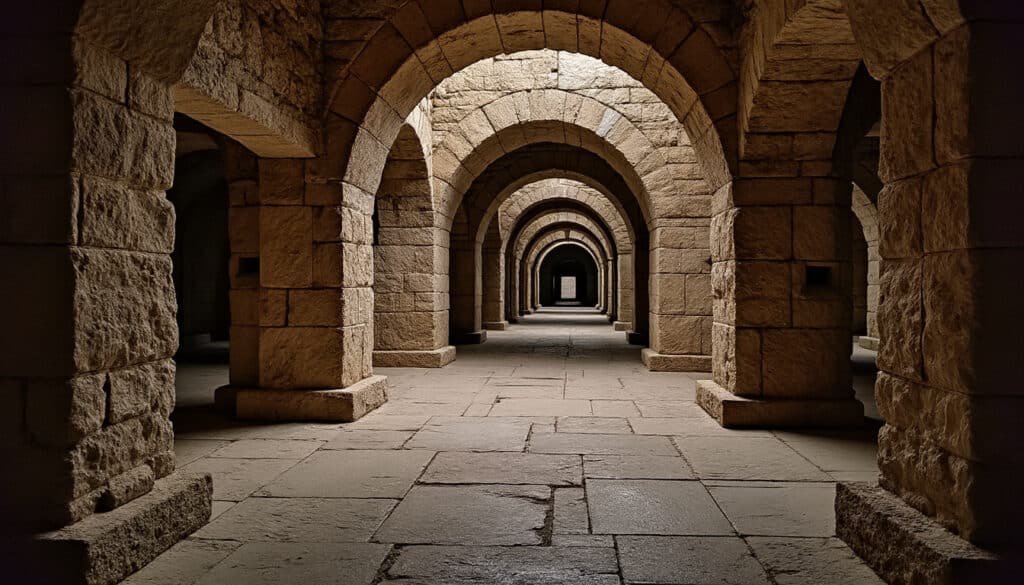
Split, Croatia, is a city that effortlessly weaves together rich history, stunning landscapes, and a vibrant lifestyle. Nestled on the Adriatic coastline, Split offers a dynamic blend of ancient charm and modern comfort, making it a remarkable place to experience…
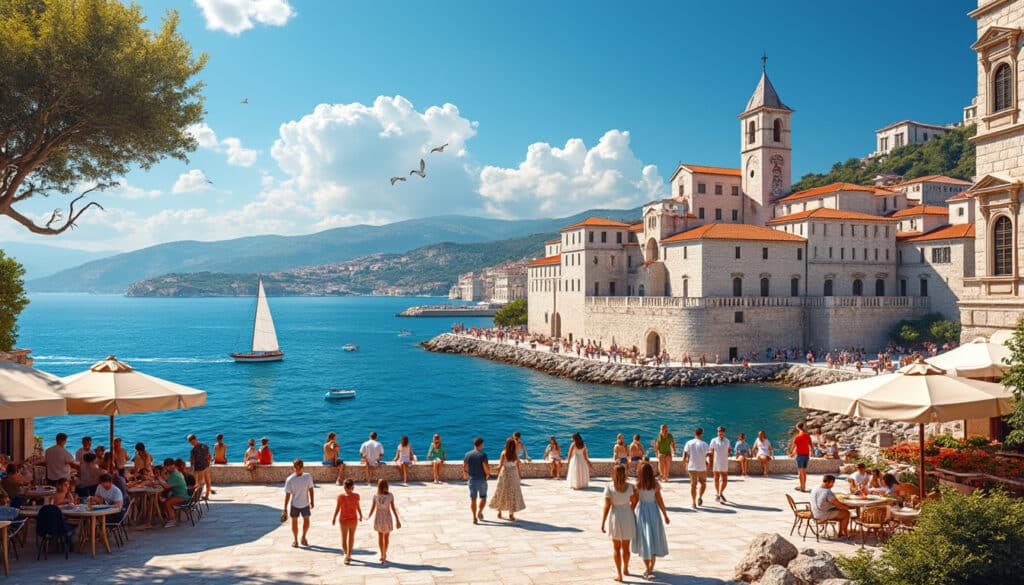
Demographics and geography of Split
Split, the vibrant city located on Croatia’s stunning Adriatic coastline, offers a unique blend of rich history, diverse demographics, and fascinating geography. As one of the key urban centers in Dalmatia, Split serves not only as a cultural and economic…
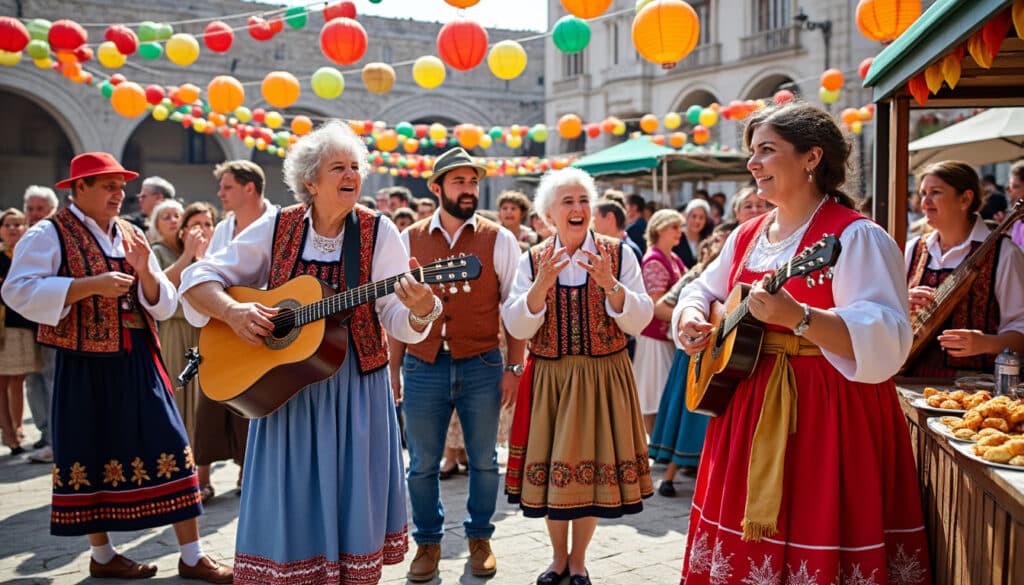
Holidays and celebrations in Split
Split, a vibrant coastal city in Croatia, is renowned for its rich tapestry of cultural celebrations and festive events. Visitors are drawn to the unique blend of historical significance and modern vibrancy that the city’s festivities offer. From elegant theatre…
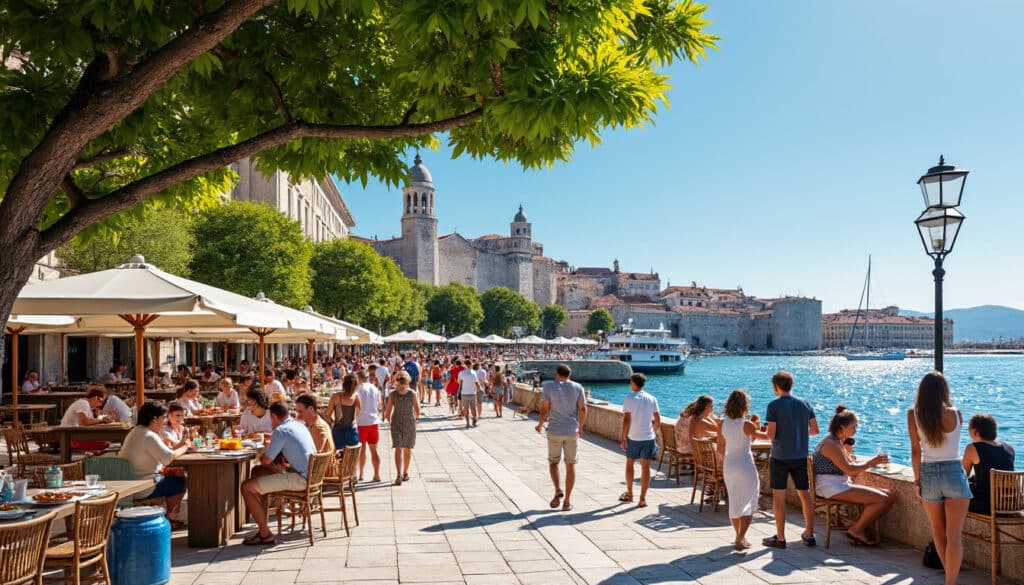
Local tips for tourists in Split
As the sun kisses the Adriatic coast, Split emerges as a vibrant jewel of culture and history. Nestled along the Dalmatian Coast, this enchanting city offers a tapestry of ancient ruins, azure waters, and culinary delights. Embracing both its Roman…
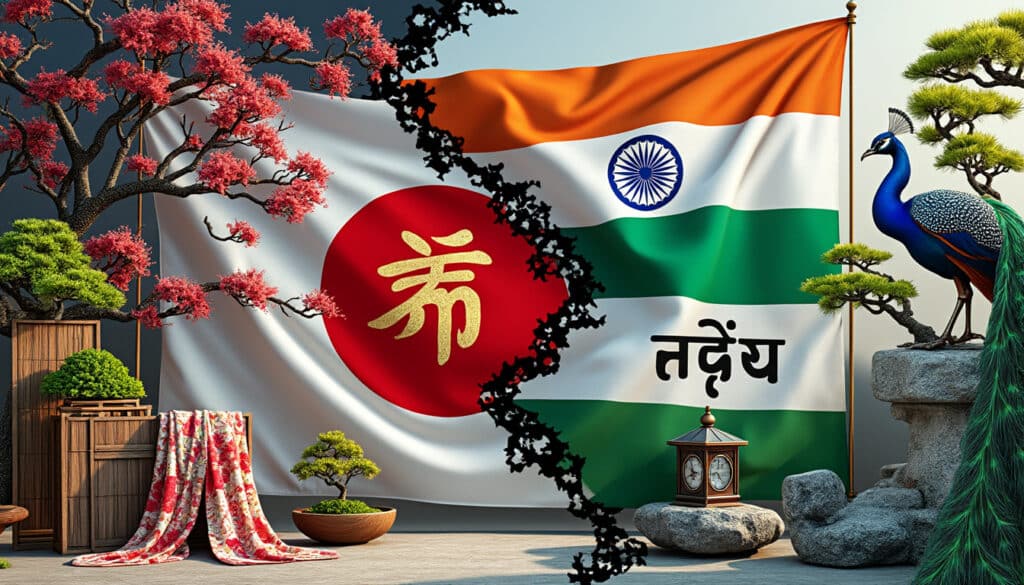
Names, flags, and identity of Split
Welcome to a deep dive into the fascinating world of Split, a city in Croatia beautifully defined by the intertwining of its rich history and evolving identity. In this exploration, we will uncover the stories behind the names, the vibrant…

Reputation and identity of Split
Split, a coastal gem in Croatia, is renowned for its ancient charm and vibrant modern life. This city, a blend of rich history and contemporary culture, draws visitors for its stunning natural beauty and the diverse experiences it offers. Known…
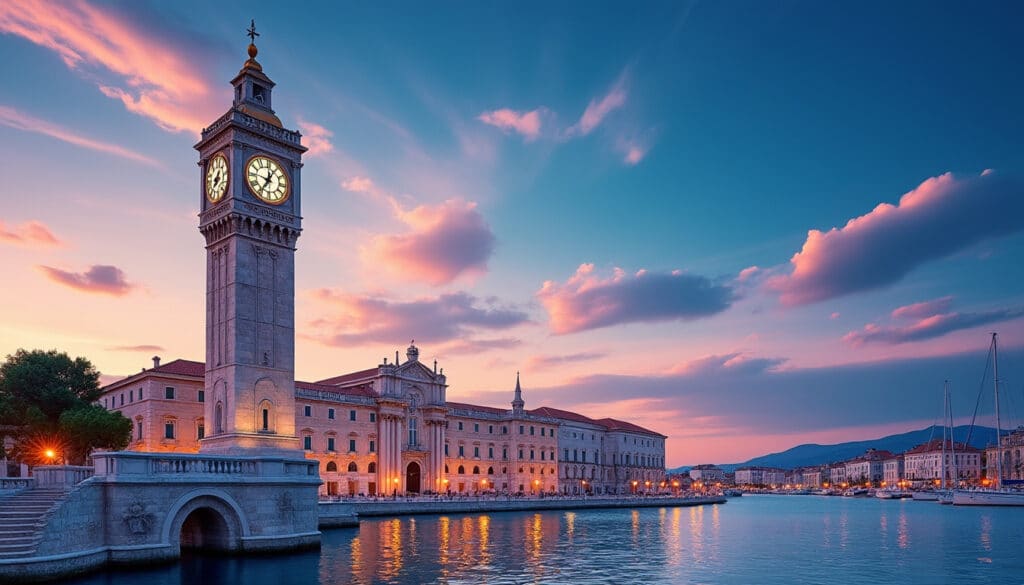
Split, Croatia, a picturesque coastal city known for its stunning views of the Adriatic Sea and timeless Roman architecture, is also a fascinating point of interest when it comes to time zones. Often caught between the vibrant tempos of tourist…
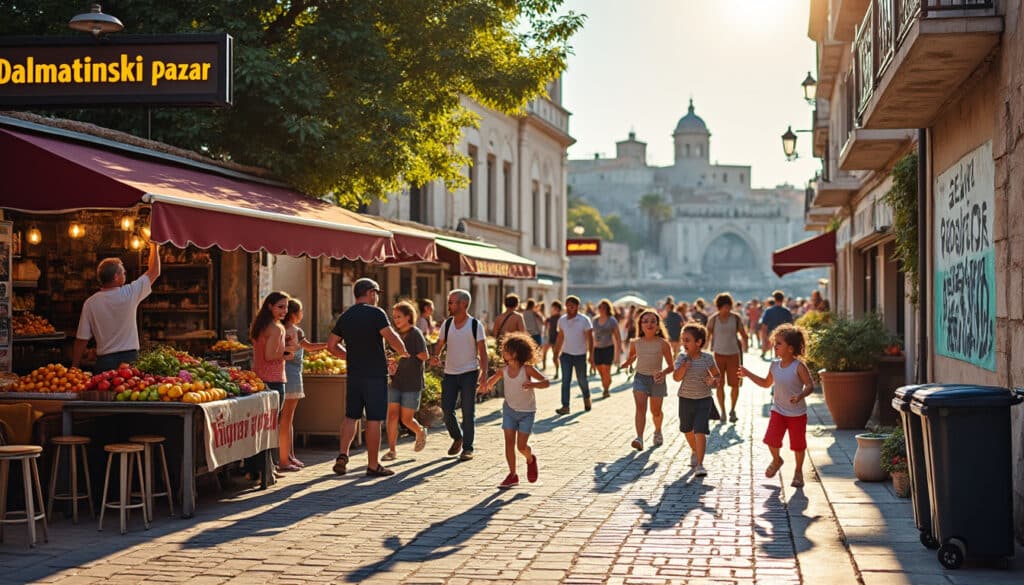
Unusual facts and social issues in Split
Located on the stunning Dalmatian Coast, Split, Croatia is a place that mesmerizes with its rich historical tapestry and thriving cultural scene. This unique city has evolved over the centuries while preserving its fascinating essence. Discover a plethora of unusual…

What does Split look, smell, feel like?
Rich in history and brimming with scenic beauty, the coastal city of Split in Croatia invites travelers to explore its multifaceted charm. From its breathtaking landscapes to its vibrant cultural tapestry, Split offers a sensory experience that captivates the soul.…


